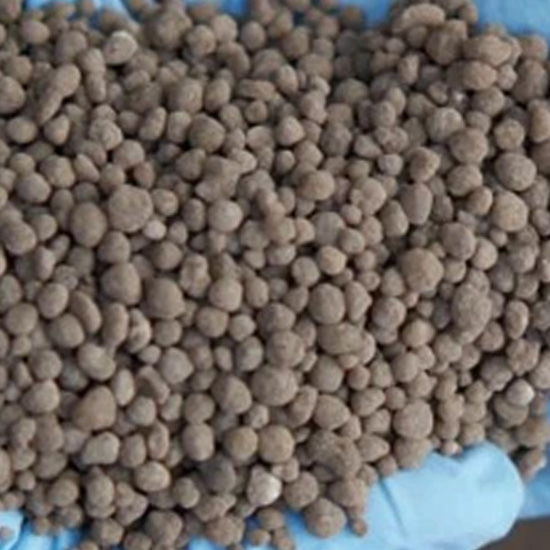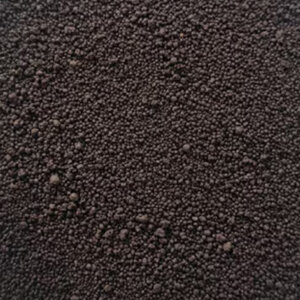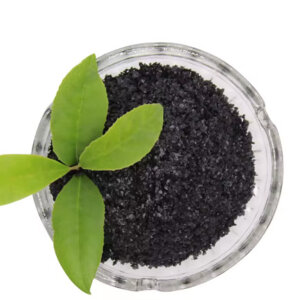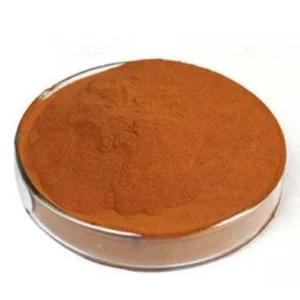Description
Soil Testing for Optimal Crop Growth with Ammonium Phosphate Dibasic (DAP)
Testing soil is essential to gain insight into the soil’s nutrients, pH levels, and organic matter content. One solution for tackling low nutrient and pH levels is to use Soil Testing Ammonium Phosphate Dibasic (DAP). DAP is composed of two vital nutrients essential for plant growth, nitrogen, and phosphorus. These nutrients help improve the soil’s pH levels and increase the crop yield. In this blog, we will discuss the importance of soil testing and how Soil Testing Ammonium Phosphate Dibasic (DAP) can be effective in improving crop growth.
Soil Testing:
Soil testing should be conducted before planting any crop to understand the soil’s nutrient levels and pH level. The test will help identify the deficiencies if any, and the required amendments needed for optimal crop growth. Soil testing should be conducted periodically to understand if the nutrients applied previously were effective in improving the soil’s structure and nutrient content. Failed crops are the result of soil that wasn’t adequately amended with the correct nutrient content.
Importance of Soil pH Levels:
Soil ph levels fall between 1-14. Ph levels below seven indicate acidic soil, and ph levels above seven represent alkaline soil. The ideal pH level for crop growth ranges from six to eight. The ideal pH level for the crop to be planted must be conducive to its growth requirements. Low pH levels result in the soil being acidic, which results in nitrogen deficiency. Therefore it is imperative to balance the pH levels before planting any crop. Soil testing helps identify the pH levels, and the necessary amendments can be made accordingly.
Soil Testing Ammonium Phosphate Dibasic (DAP) – Ammonium Phosphate Dibasic:
Soil Testing Ammonium Phosphate Dibasic (DAP) is composed of two vital macro-nutrients nitrogen and phosphorus, essential for plant growth. DAP contains 18% nitrogen and 46% phosphorus by weight. Its efficient nutrient structure ensures maximum crop yield. Nitrogen is responsible for producing chlorophyll, which helps the crop attain a lush green color. Phosphorus is responsible for root growth, flowering, and fruiting. DAP not only provides essential nutrients required for the growth of plants but also helps in adjusting soil pH levels. The addition of DAP results in the soil becoming more alkaline while providing necessary nutrients for the crop.
Conclusion:
Soil testing is a crucial aspect of farming, ensuring healthy crop growth. Soil pH levels are essential for plant growth, and the necessary amendments must be made accordingly. Adding DAP as a fertilizer is an efficient way of improving the soil’s pH levels while providing required macro-nutrients. Soil Testing Ammonium Phosphate Dibasic (DAP) is an efficient alternative to improve the soil’s structure and enrich the soil’s nutrient content. Therefore, periodic soil testing and the addition of DAP can prove to be useful for optimal crop growth.
Specification:
| Index Name | Index | Analysis result |
| Particle strength, N | ≥70 | 78 |
| Total N, % | ≥20 | 21 |
| Effective P2O5, % | ≥53 | 53 |
| Water-soluble phosphorus as a percentage of available phosphorus, % | ≥87 | 90 |
| Total nutrients (N+P2O5), % | ≥64.0 | 64.1 |
| H2O, % | ≤2.5 | 2.0 |





Reviews
There are no reviews yet.